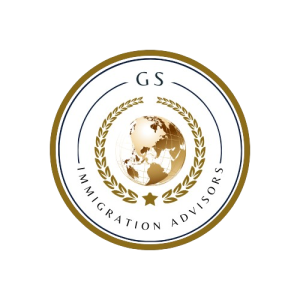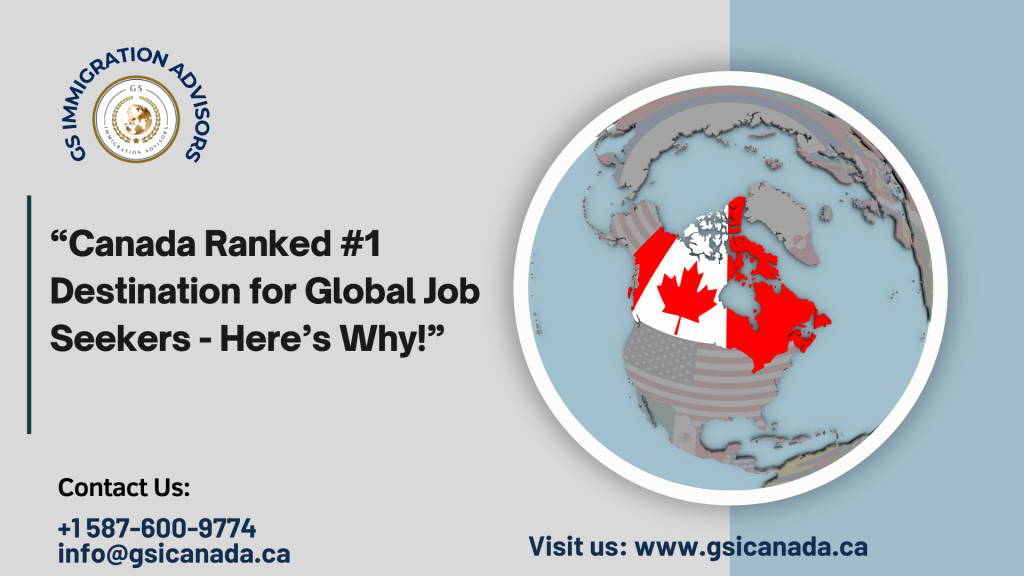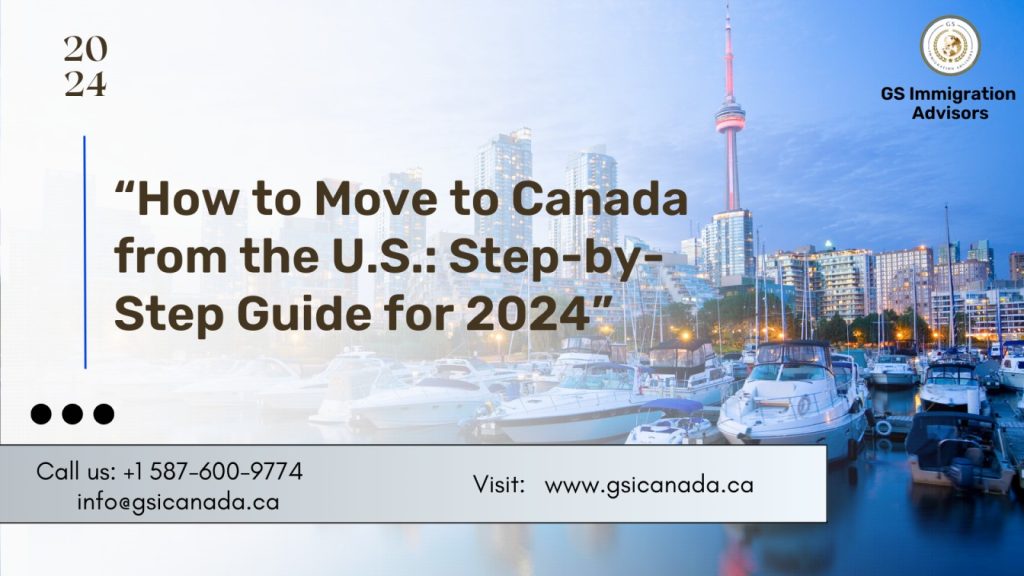Americans should prepare for their immigration status in advance if they want to relocate to Canada. Even though Americans with passports are accustomed to having unrestricted access to Canada, they will require the proper authorization in order to work, study, or reside there permanently. When considering a transfer to Canada, Americans may want to take into account these three significant programs: Work permits for CUSMA/USMCA professionals; The Federal Program for Skilled Workers; and The class on the Canadian Experience. Discover if You Are Eligible for Canadian Immigration Legal Standing to Work or Learn Without permission, it is against the law for foreigners, even US citizens, to work or study in Canada. To work or study in Canada, US residents who are not citizens of Canada must get authorization. One advantage of being visa-exempt is that, unlike foreign people from many other nations, Americans will not need a visa or electronic travel authorization (eTA) in order to enter Canada. There are two main ways to obtain legal status in Canada: Permits, which are temporary; and Permanent residency, which can be renewed indefinitely, provided you spend enough time in Canada. Work Permits for CUSMA/USMCA Professionals Americans who want to relocate to Canada for employment have an edge because to the Canada-United States-Mexico Agreement (CUSMA). In order to practice their profession in Canada, US citizens in particular professional disciplines may apply for an employer-specific work visa under this free trade agreement. Medical professionals, scientists, scientific technicians, and management consultants are among the 63 professions that qualify. Getting a CUSMA work permit is a solid way to gain status to work in Canada if you meet the conditions. The responsibilities you perform and how your profession is categorized under Canada’s National Occupation Classification (NOC) determine your profession, which is distinct from your job title. The Temporary Foreign Worker Program and other work permits under the International Mobility Program will provide alternatives for Americans who do not work in CUSMA professions. Because work permits are temporary by nature, you’ll need to renew your permit before it expires in order to maintain your work status. If you do not renew your work permit, you will need to leave Canada upon the expiry of your work permit, unless you obtain some other form of legal status that allows you to remain in the country. Obtaining Canadian Permanent Residency Americans who wish to settle in Canada on a long-term basis may wish to pursue Canadian permanent residency–the equivalent of a green card in the United States. Permanent residency grants many—although not all—of the same privileges as Canadian citizenship. Canadian permanent residents can settle in any province, can enrol in studies, can be eligible for social services and provincial health insurance programs, and can work freely in Canada for any employer. After you’ve been a permanent resident for three years, and have spent enough time in Canada, you can apply for Canadian citizenship. To obtain Canadian permanent residency, a foreign national must first receive an invitation to apply (ITA) for permanent residence from the Canadian immigration ministry, Immigration, Refugees and Citizenship Canada (IRCC). One way to receive an ITA is to qualify for a federal economic immigration program, upon which you can become a candidate and enter the Express Entry pool—a management system used by IRCC to determine which candidates to invite for permanent residency. Once you’re an eligible candidate in the pool, you are scored and ranked against other candidates, using the Comprehensive Ranking System (CRS), and top-ranking candidates are invited in periodic draws held by IRCC. Americans seeking Canadian Permanent Residency may want to consider two Express Entry programs: The Federal Skilled Worker Program; and The Canadian Experience Class. Discover if You Are Eligible for Canadian Immigration The Federal Program for Skilled Workers You must fulfill several standards throughout factoring in order to be qualified for the Federal Skilled Worker Program, including Learning Proficiency in the language; Settlement money; and Experience in the workplace. You can join the Express Entry pool if you qualify for the Federal Skilled Worker program. If you do well enough in the pool, you will have the chance to get an ITA in any draws. The Experience Class in Canada Another government route to permanent residence in Canada is the Canadian Experience Class (CEC). The Federal Skilled Worker Program has more complicated requirements than the CEC. One year of full-time, competent job experience in Canada within the previous three years is the primary prerequisite for CEC. Additionally, you have to be proficient in either French or English. After gaining a year of Canadian work experience, Americans who enter Canada on a work permit—such as a CUSMA professionals work permit—will probably be eligible for CEC. Particular Records for Programs with Express Entry You will need to provide specific papers as part of your Express Entry profile. You should be informed that in order to have a suitable profile, you must prepare two documents specifically for Express Entry in advance: language assessments; and Assessments of educational credentials (ECAs). To prove you have the necessary level of English or French language ability, you will need to take legitimate language tests from an authorized testing organization. Even if you are a native speaker of French or English, you still need to take these tests. You will also need educational credential assessments (ECAs) from an authorized provider if you did not complete your studies in Canada. Your education is evaluated by an ECA based on Canadian credentials. For every degree, you will need an ECA. Employing a Representative You can handle your own profile, candidacy, and (if successfully invited) application, or you can hire a representative. If you choose to use a representative, you should choose a reputable one, and you must fill out special forms declaring your use of a representative. Using a representative without declaring it can invalidate your candidacy and/or application, leading to refusal. Discover if You Are Eligible for Canadian Immigration


